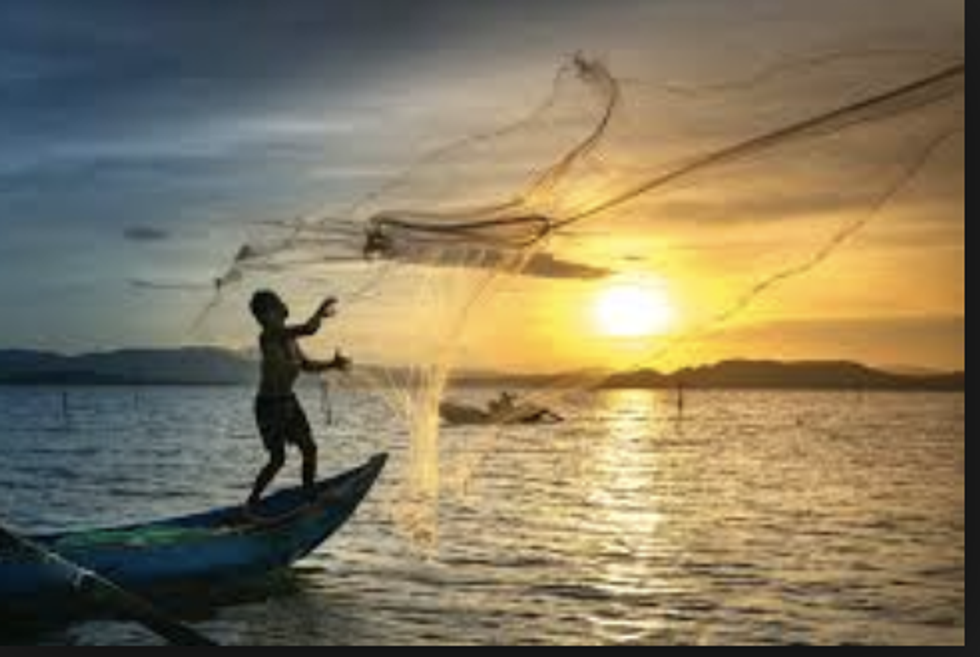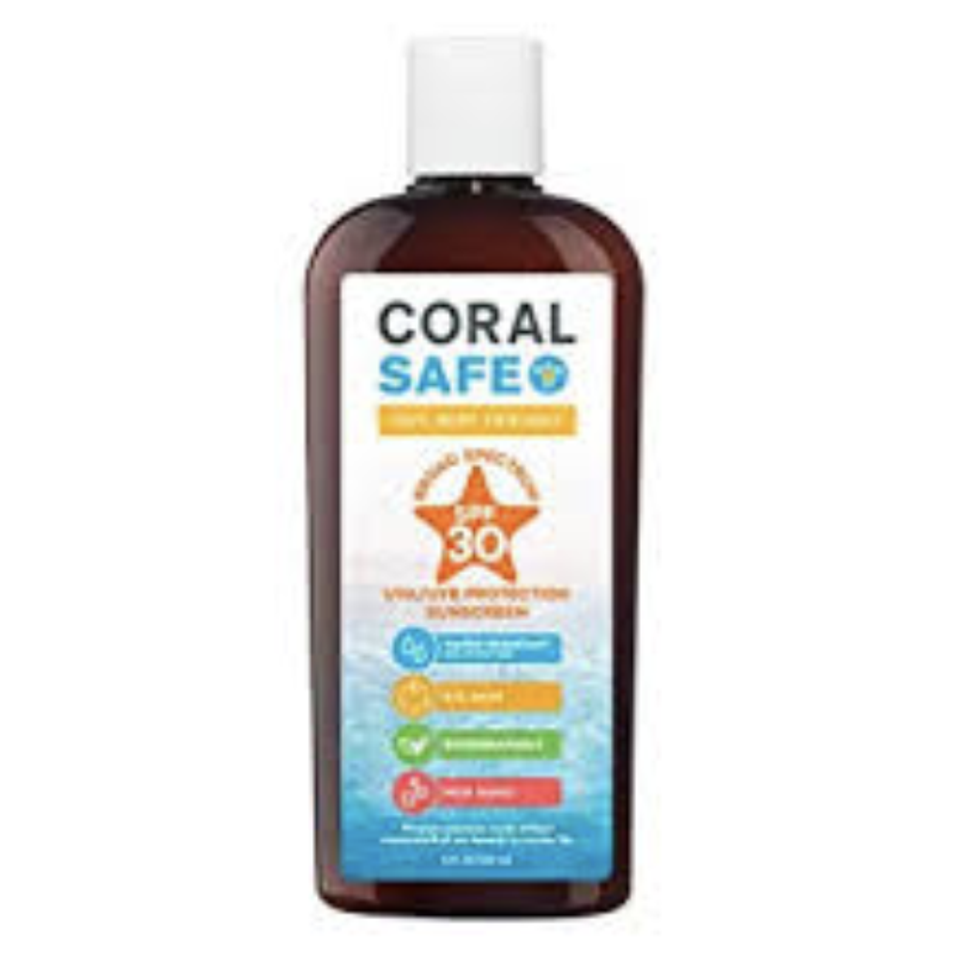I've been in a very beachy or ocean themed mood lately, and it probably has something to do with the fact that I am currently on vacation in Florida. Anyways, oceans cover about 70 percent of the Earth's surface and even most of that we haven't explored yet.
But, let's face some unfortunate facts, our oceans could be endangered between all of the plastic pollutions among various other things that are a threat to them.
Here is a list of some of those harmful things and what you can try to do to help minimize your impact.
Trash, trash, and more trash

YIKES! You all probably know the story of the Great Pacific Garbage Patch, but unfortunately, there are still tons deep down under the surface that can't easily be picked up.
Sadly, there isn't much one can do to help with this, besides just not letting it get to that point in the first place. For instance, if you see it, pick it up and put it in a trash can.
Climate change

Now, I KNOW I've posted a lot of articles about this, but come on, it's important.
One way to combat climate change is to make smarter choices about how we not only eat but travel.
Sustainable seafood

You would think that with the word "sustainable," it would be a good thing, but alas it's not. Almost a third of global fish stocks are overfished. Fish that were once extremely abundant, such as bluefin tuna, are now becoming increasingly endangered.
Of course, simply just not eating fish isn't the way to go either. A new app called seafood watch can help you keep away and pick healthier choices instead.
Protected areas/habitats

Specifically, marine. We all know that parks and protected areas on land help wildlife such as bears, deer, and elephants thrive. The same is true for underwater protected areas. In addition to preserving charismatic and ecologically important marine wildlife, including sharks, dolphins, and corals, protected areas in the ocean can act like savings accounts for fisheries. Fish inside such areas grow larger and generate more offspring.
The problem is that they spill beyond the boundaries of the protected area and are harvested by fisheries as a return on their investment in the park.
One way to help is to back local, national, and international efforts to set up those parks.
Fishing subsidies

Ah, yes. The old Tragedy of the Commons. When there is something seen as a "common" good, more people decide that they are going to go for it because they think that everyone else around them is leading to, in this case, overfishing.
There is a crucial opportunity to take a firm stance on prohibiting harmful fisheries subsidies at the 2019 ministerial meeting of the World Trade Organization. We must urge our national leaders to reach an agreement to end subsidies and promote a healthy future for fish and fishermen in our global oceans.
Sunscreen

Beachgoers are in for a lovely surprise to find out that what is protecting them could be destroying corals, many of which are home to marine life.
One way to help with this is to use sunscreen that is reef-friendly.
Acidification

This is what I was talking about when I said that we affect more than just the surface, and it's not just an effect seen in the oceans either. Acidification is the ongoing decrease in the pH of the Earth's oceans, caused by the uptake of carbon dioxide from the atmosphere.
How to solve this? Reducing our use of so many of things, like fertilizer, may help and then washing it away, or putting plastic down somewhere and forgetting about it.
Whaling

It's hard to believe commercial whaling still happens, isn't it?
The practice was rampant for so long that many whale species were driven to the brink of extinction. In the US, the North Atlantic right whale is down to about 350 remaining individuals.
Good news is that this is not as popular now as it was before, and the moratorium on commercial whaling Greenpeace and allies won in 1986 — honored by all but Japan, Iceland, and Norway — is slowly helping most of the great whale populations to recover.





















